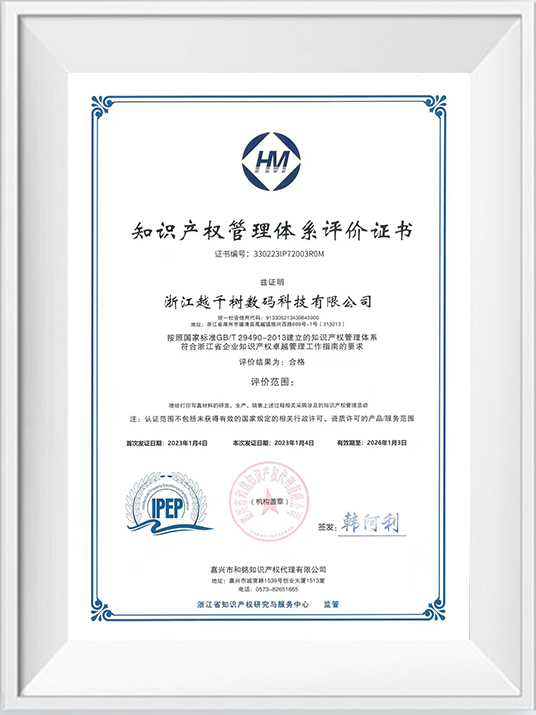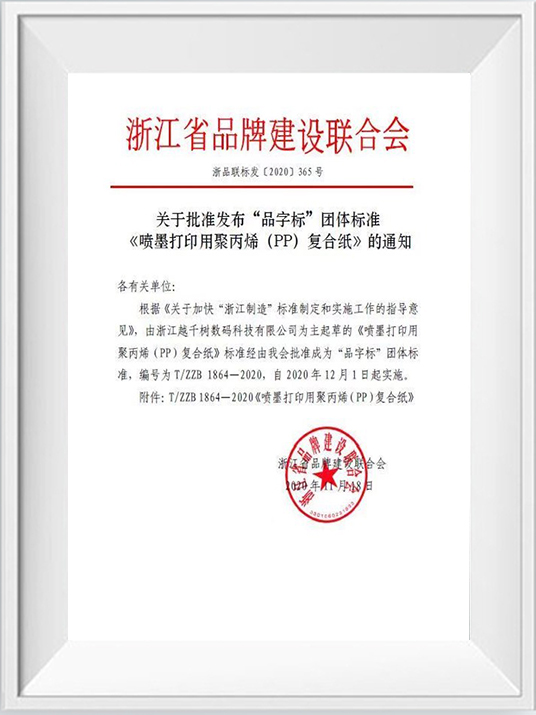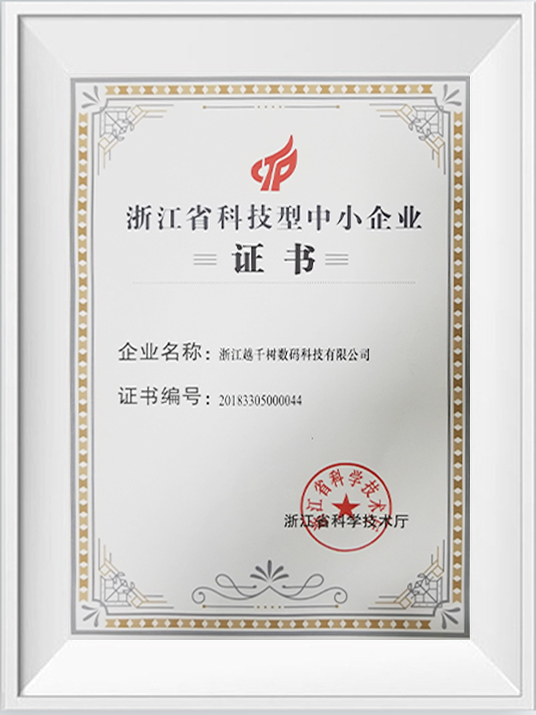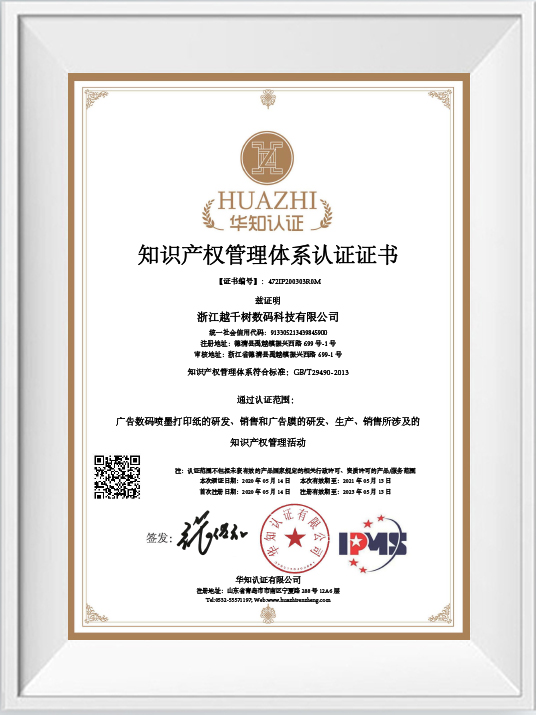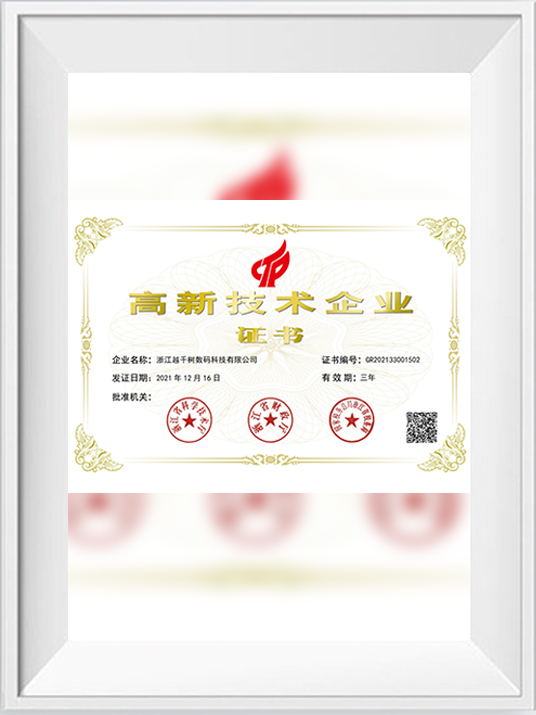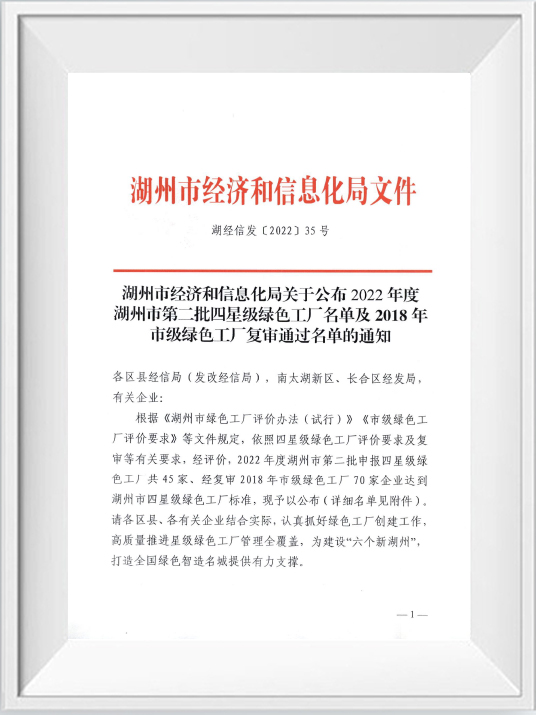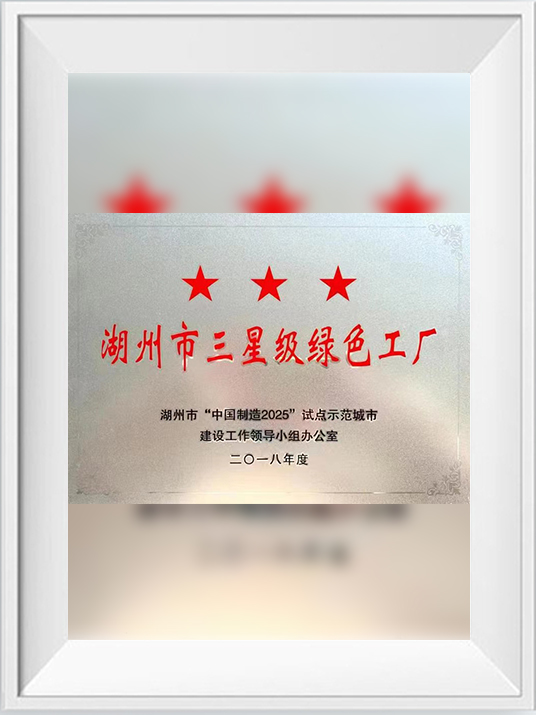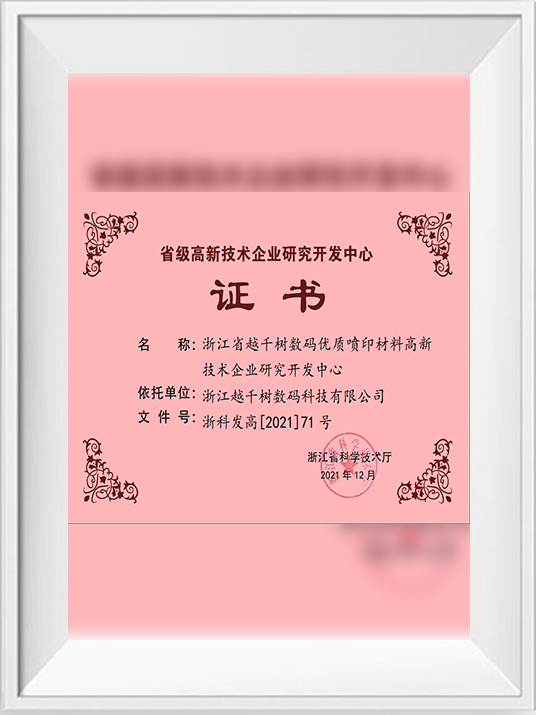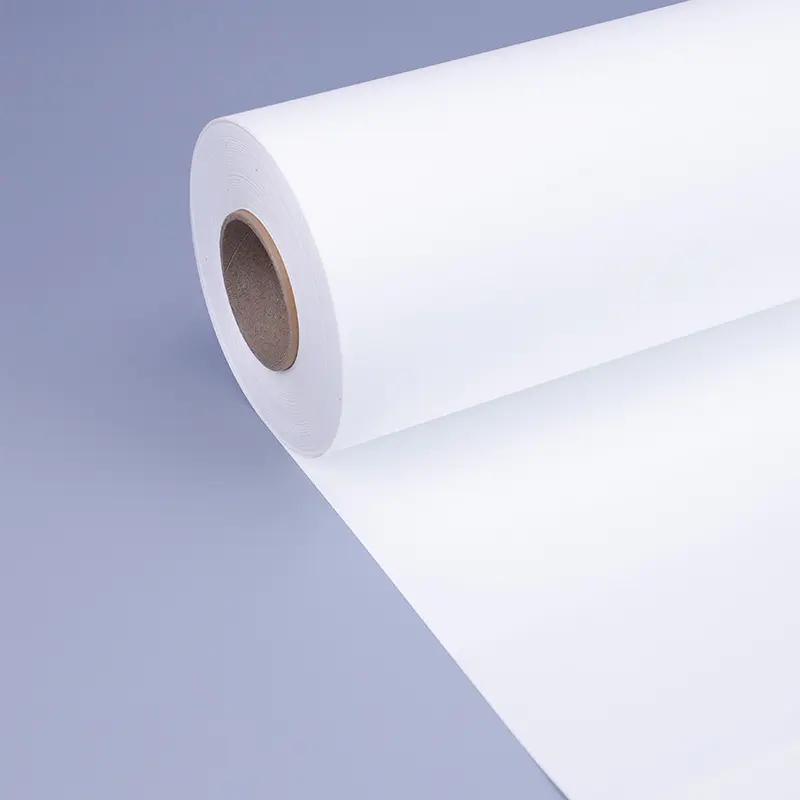| Base Material | Single matte PP Synthetic Paper |
| Thickness | 180 microns |
| Finish | Available in white with matte surfaces |
| Available Lengths | 50m |
| Available Widths (in meters) | 0.914 |
| Print Compatibility | Dye ink |
| Recommand | Use with cold lamination film |

Parameter:
Dye Ink PP Synthetic Paper
PP Paper, also known as Polypropylene Paper or Synthetic Paper, is a unique and versatile material that has gained popularity in the printing and packaging industries. It is made from polypropylene, a thermoplastic polymer known for its exceptional properties.
This product is coated with water base coating, which is suitable for dye ink printing.
Applications
- Short-term general signage for flat and slightly surfaces applications
- Indoor and outdoor advertising applications
- Roll up banner
- Posters, Board display
- Image display
Zhejiang Yueqianshu Digital Technology Co., Ltd is well known China Dye Ink PP Synthetic Paper manufacturers and Dye Ink PP Synthetic Paper factory, we supply wholesale Dye Ink PP Synthetic Paper for sale. The company's main product applications include indoor and outdoor advertising design, architectural design, indoor and outdoor decoration applications, photo studio printing, office and personalized digital printout, clothing printing and other fields.
At the same time, the company is also constantly expanding in the fields of new materials such as automotive functional films and electronic films to achieve diversification and multi-track development of related industries.

Experience
Innovation for a sustainable future.
-
0
Production Line
-
0
Patent Certificate
-
0Hundred
MillionFactory Area
-
0+
Partner Dealer
-
Mar 28 -2025The production process of Ultra White Eco-Solvent Backlit Film is a complex tec...
-
Mar 17 -2025Why does PP synthetic paper need corona treatment? The main component of PP synt...
-
Mar 10 -20251. Overview of cross-textured cold laminating filmCross-textured cold laminatin...
-
Mar 03 -20251. Overview of RC waterproof photo paperRC waterproof photo paper, also known a...
-
Feb 27 -20251. Food Packaging FieldPP Self-Adhesive Roll has important applications in food ...












